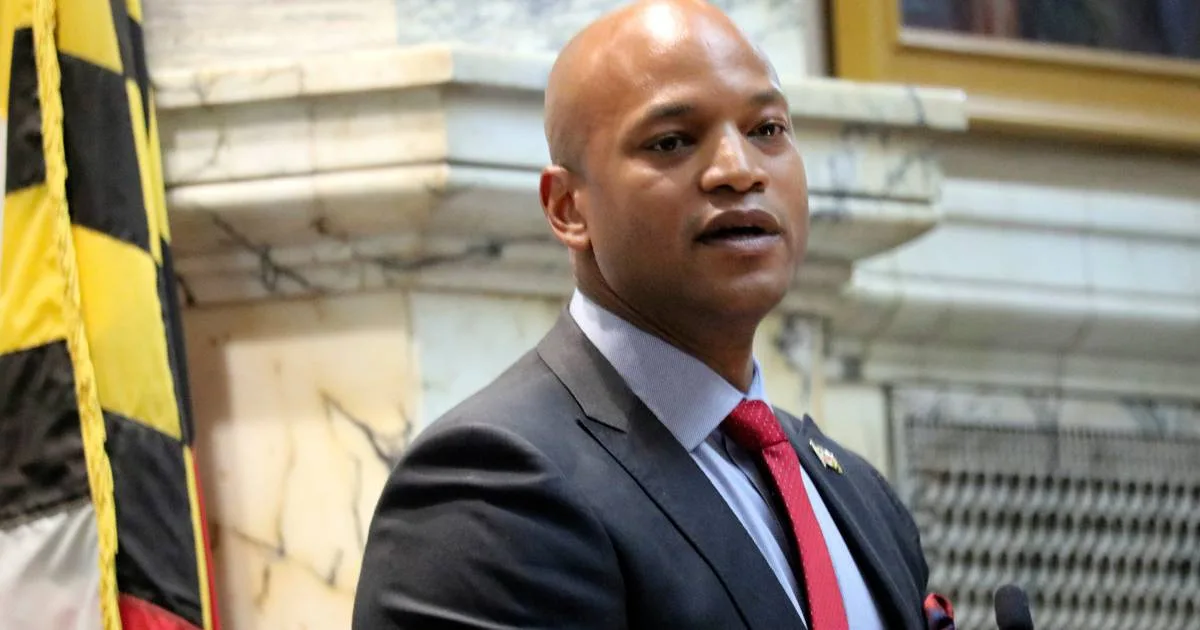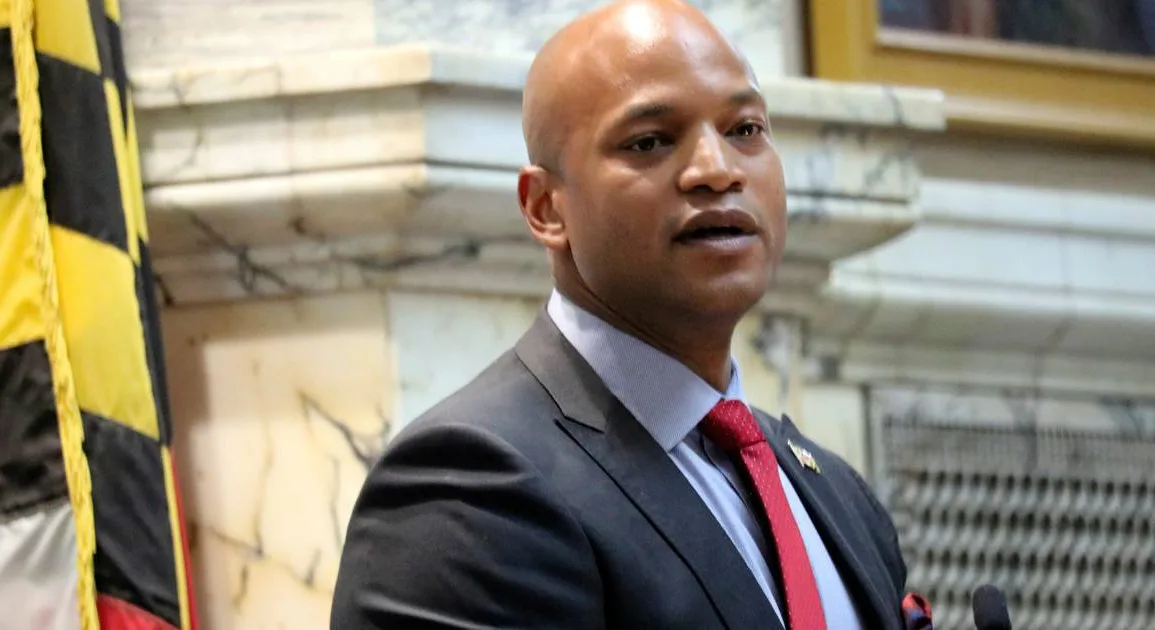
Gov. Wes Moore announced a state initiative Monday to locate the ancestral communities and rebury the remains of 15 people of possible African descent currently held at the Maryland Archaeological Conservation Laboratory in Calvert County.
“In order for us to be able to move forward, we must both remember and value our past,” Moore, a Democrat, said in a statement.
Entitled “Engaging with Descendant African American Communities,” the project created in partnership between the Maryland Commission on African American History and Culture and the Maryland Historical Trust will utilize potential DNA testing and the examination of genealogical and land records to work toward interring the remains consistent with the state’s Regulations for the Transfer of Human Remains and Associated Funerary Objects.
Under these regulations, the Maryland Historical Trust may permanently transfer human remains in its possession to their descendants or groups with a similar cultural affiliation.
Largely uncovered between the 1960s and 1990s, the remains held at the Maryland Archaeological Conservation Laboratory are not accessible to the general public. The properties on which they were found are associated with places near Deep Creek in Anne Arundel County, the Gott Cemetery in Calvert County, Chapel Point in Charles County, Bennetts Point in Queen Anne’s County and Twin Oaks in Wicomico County.
Anyone with information or who may interested be in keeping up with the project’s findings should fill out this Google form.
“I encourage anyone that has information about these African American communities to speak up, get involved, and ensure our descendants are treated ethically and responsibly,” Moore said.
The project’s ultimate goal is to plan a respectful reburial for the remains in recognition of their historical and cultural importance.
Maryland Historical Trust Executive Director Elizabeth Hughes said that she is hopeful the initiative “will serve as a model” for other states.
“This project is incredibly timely and meaningful,” Chanel Compton, Executive Director of the Banneker-Douglass Museum, said in a statement Monday. “Because of technology and collaboration, we have the opportunity to share the untold stories of Black lives in our state that will build a deeper understanding of Maryland’s history.”


